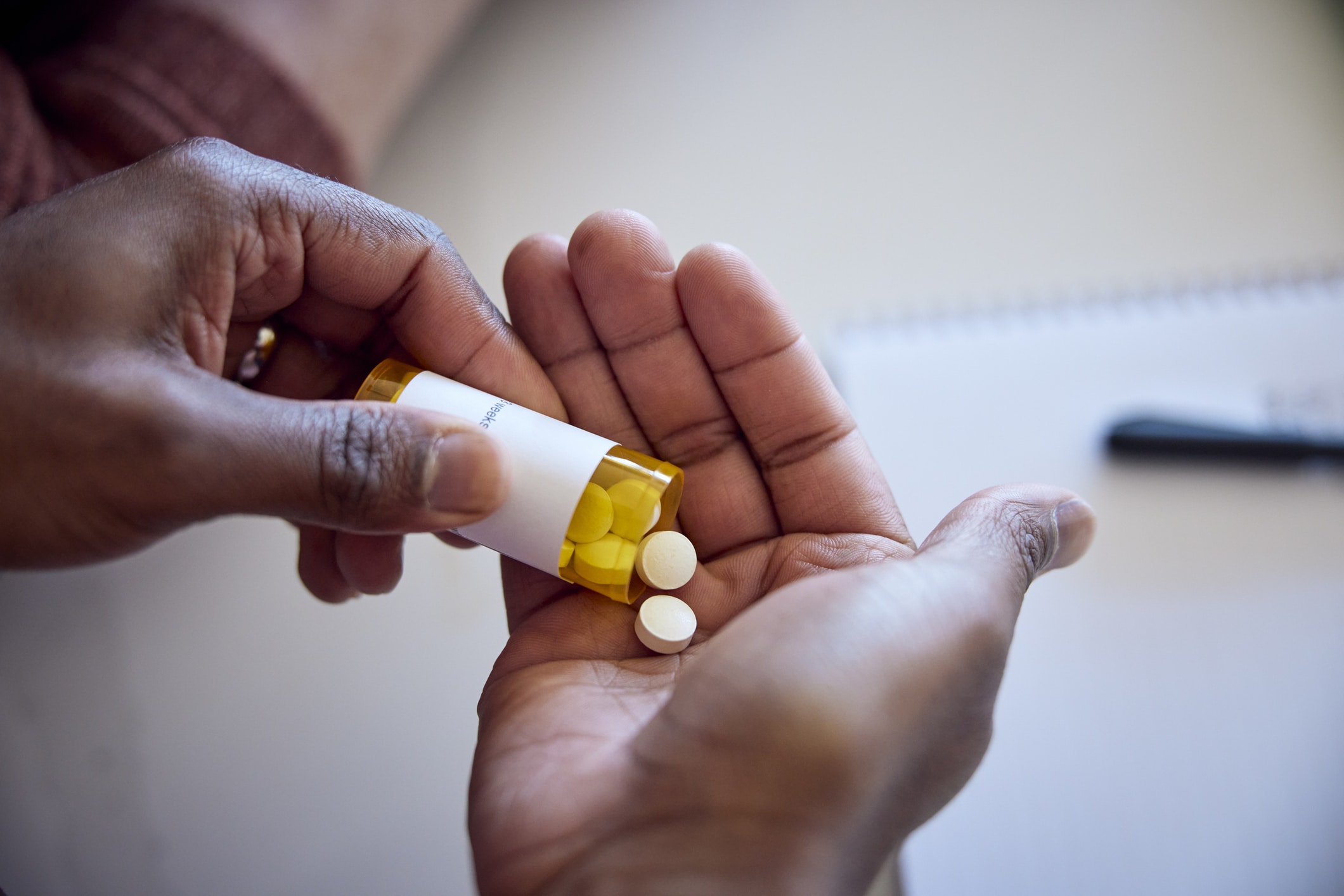What Are The Effects Of Coronavirus Infection On The Human Body?

There’s still so much we are unaware of the novel virus, which has taken the lives of 1.5 million people worldwide. But, for sure, the coronavirus infection has a devastating effect not only on the upper respiratory tract but the entire body.
This article put forth what we know to date about COVID-19 and how it affects the different body systems.
Table of Contents
Lungs

The novel virus causes respiratory illness; therefore, the lungs are first and worst affected. The early symptoms include shortness of breath, fever, and cough. These symptoms may appear as soon as two days and up to 14 days after exposure to the virus. In case you experience any of these symptoms, take the ELISA kit diagnosis or RT-PCR test to confirm the COVID-19 infection.
The early the infection is detected, the better it is. Firstly, you won’t spread the infection to other people, and the symptoms can be managed.
The severity of the coronavirus infection varies from no symptoms, mild infection to fatal illness. Older patients or those with compromised immunity are at a higher risk of developing severe complications.
Some people may have minor respiratory symptoms like cough or cold, while others may face breathing difficulties, which could be life-threatening. Still, there is a shortage of information regarding the long-term damage to the lungs from the COVID-19 infection.
Liver And Kidneys

When the liver cells are damaged or affected, they leak enzymes in huge amounts in the bloodstream, causing damage.
In a recent report, a patient of COVID-19 showed signs of liver damage, but it is still unclear whether it is due to the coronavirus infection or drugs given to the patient.
There is “little evidence” that the virus can cause kidney damage, as per the World Health Organization. When the patient is suffering from pneumonia, less oxygen is circulating throughout the body, damaging the kidney.
Stomach And Intestines
Several patients of coronavirus have reported the symptoms of gastrointestinal trouble, such as nausea or diarrhea. These symptoms are not as serious as the effects that COVID-19 infection causes to the body systems. The coronavirus infection mostly enters the body through the lungs and spreads to the intestines.
Two recent studies, one is the New England Journal of Medicine and the other being medRxiv, have found the novel virus in the stool sample of the COVID-19 patients.
Heart And Blood Vessels
COVID-19 infection affects the heart and blood vessels. This may show up in the form of heart rhythm, the tissues aren’t getting proper oxygen, or low blood pressure requires medications.
Some patients show a sign of a blood clot more easily. It is also not clear how much impact this has on the severity of the disease, but the clot could certainly increase the risk of heart attack or stroke.
In the 20% of the Wuhan patients, there were heart damage signs, while 44% landed in ICU because they had an irregular rhythm heartbeat.
Other Organs Affected
Lungs remain the most affected body organ from the COVID-19 infection. But, in most severe cases with life-threatening complications, the rest of the body was also affected. The infection directly causes damage to the organs, sometimes the body’s response to infection,
In the end, wear a face mask properly, avoid visiting heavily-crowded public places, follow the norms of social distancing, and keep yourself and others around you safe from the coronavirus.

 Finding the Best Teen Mental Health Facility in Phoenix
Finding the Best Teen Mental Health Facility in Phoenix  Unleashing Your Ultimate Performance: How Dr. Sue’s Sport Hypnotherapy Transforms the Game
Unleashing Your Ultimate Performance: How Dr. Sue’s Sport Hypnotherapy Transforms the Game  Get Help for Your Teen: Understanding the Importance of Teen Mental Health Therapy
Get Help for Your Teen: Understanding the Importance of Teen Mental Health Therapy  Semaglutide Pills for Diabetic Patients and its role in Weight Management
Semaglutide Pills for Diabetic Patients and its role in Weight Management  How and When Must Drug Companies Participate in the 340B Program?
How and When Must Drug Companies Participate in the 340B Program?  What You Need to Know About Bacterial Infections: Causes, Symptoms & Treatment
What You Need to Know About Bacterial Infections: Causes, Symptoms & Treatment  Your Guide to Finding the Best Deck Companies in Markham
Your Guide to Finding the Best Deck Companies in Markham  How Acupuncture Can Help Support Fertility and Wellbeing
How Acupuncture Can Help Support Fertility and Wellbeing  Sciatica Relief Options on Long Island: A Comprehensive Guide
Sciatica Relief Options on Long Island: A Comprehensive Guide  Step-by-Step Guide to Cloning an Appealing Voice with AI for Promo Videos
Step-by-Step Guide to Cloning an Appealing Voice with AI for Promo Videos